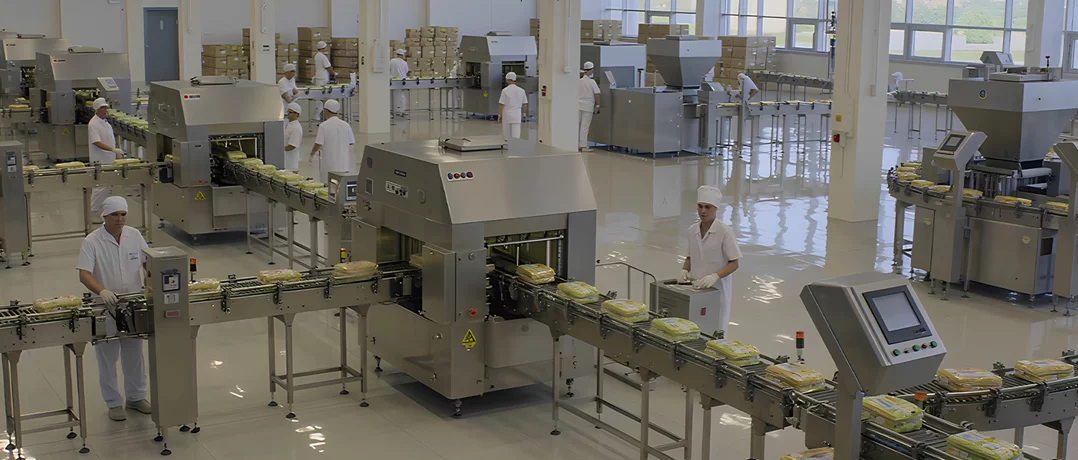Lebanon’s food industry thrives despite crises, driving exports, quality production, and economic resilience.
Lebanon’s food industry on the rise

Despite decades of economic challenges and regional instability, Lebanon’s food industry continues to thrive, standing out as a pillar of resilience and innovation in the national economy. According to Ramez Bou Nader, Director of the Lebanese Food Industries Syndicate, the sector not only survived crises but has consistently pursued development and modernization.
“As industrialists, we are prepared to face challenges and always take them into account,” Bou Nader said. “Industry is a backbone and a cornerstone of the national economy. Unlike other sectors that halted during times of war, the food industry continued production, supplied the local market, maintained exports, and ensured food security. For an industrialist, the sector is crisis-proof and represents both life and a foundation for the future.”
Lebanese food products are celebrated for their quality worldwide. For over 30 years, local manufacturers have showcased their products at specialized international exhibitions, either through syndicate-organized pavilions or to explore new technologies and machinery. Bou Nader emphasized that participation in these events has allowed Lebanese companies to enter global markets thanks to their expertise, competence, and product quality. He also highlighted the crucial role of the Lebanese diaspora in promoting and marketing these products abroad.
The syndicate has focused on two key aspects of food production: taste and quality, and attractive, professional packaging. “Food exports account for between 20% and 25% of total Lebanese industrial exports, roughly a quarter, which is a high proportion,” Bou Nader explained. “We work diligently to maintain and increase this share by opening new factories, expanding product lines, hiring and training new staff. This generates foreign currency revenue for Lebanon, which can be reinvested in machinery and raw materials, creating a self-sustaining production cycle.”
The resilience of Lebanon’s industrial sector was particularly evident following the crises of 2006 and 2019, when salaries were promptly raised, reflecting a commitment to employees and local communities.
Looking ahead, the syndicate is strengthening partnerships with farmers through an agricultural contracting program in collaboration with the Ministry of Agriculture. The initiative aims to ensure crop sustainability, manage risks, and enhance competitiveness, supporting both the food and agricultural sectors while securing national food security.
Bou Nader concluded: “Food industry professionals operate with a focus on quality, service, flexibility, and skill, ensuring that Lebanese industry remains a distinguished mark of excellence both locally and globally.”



